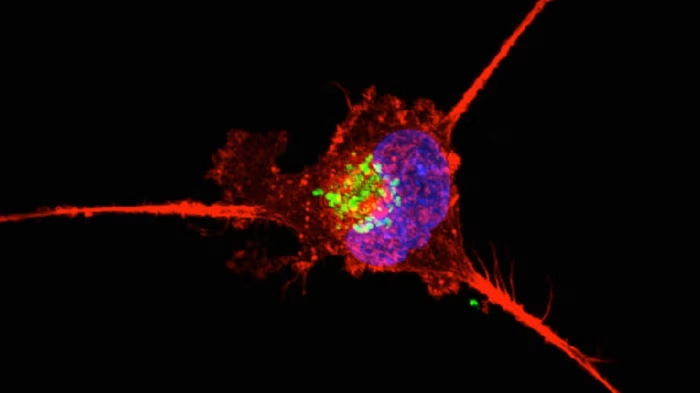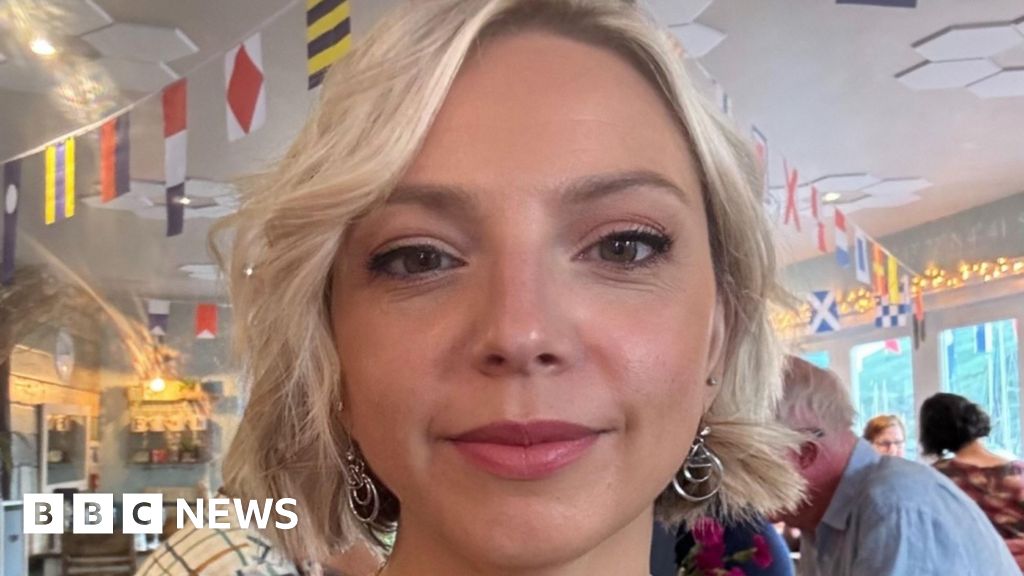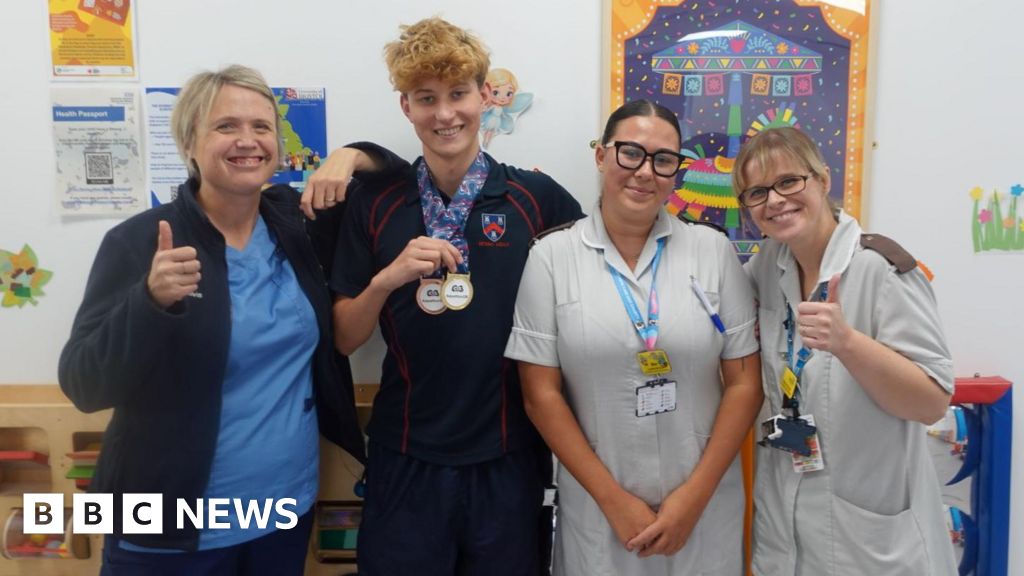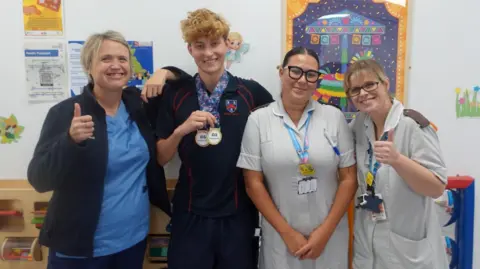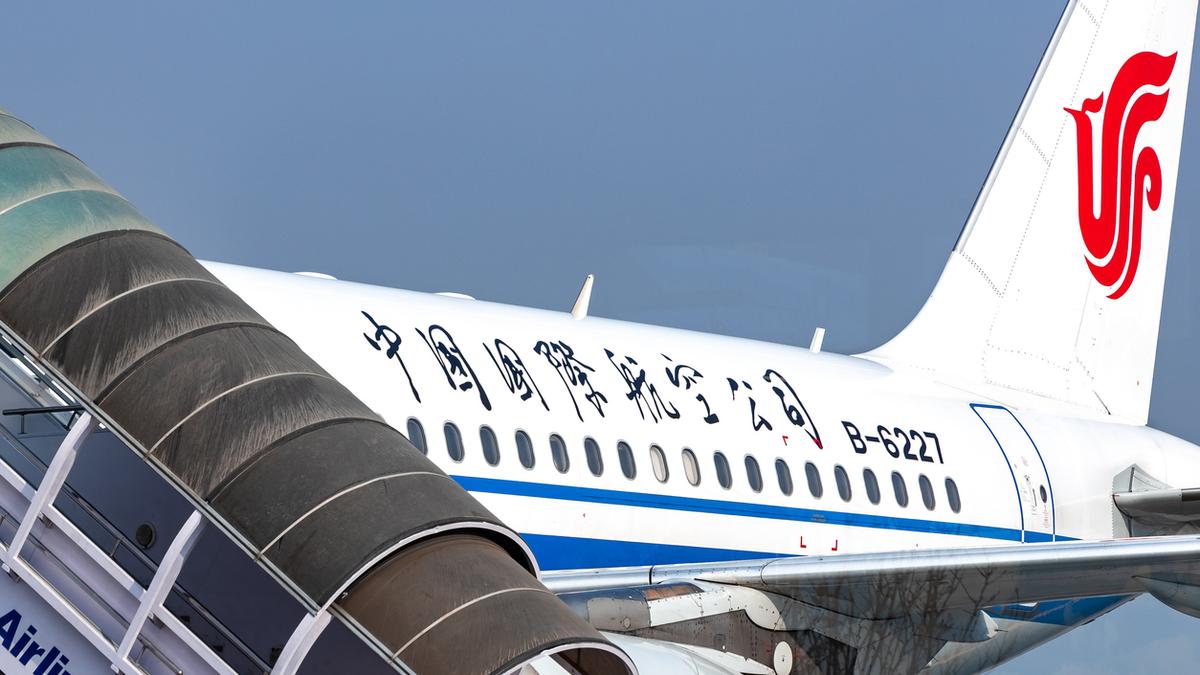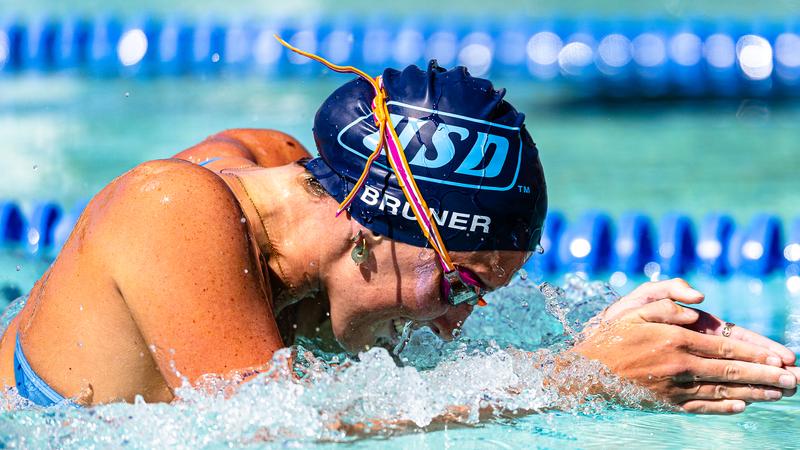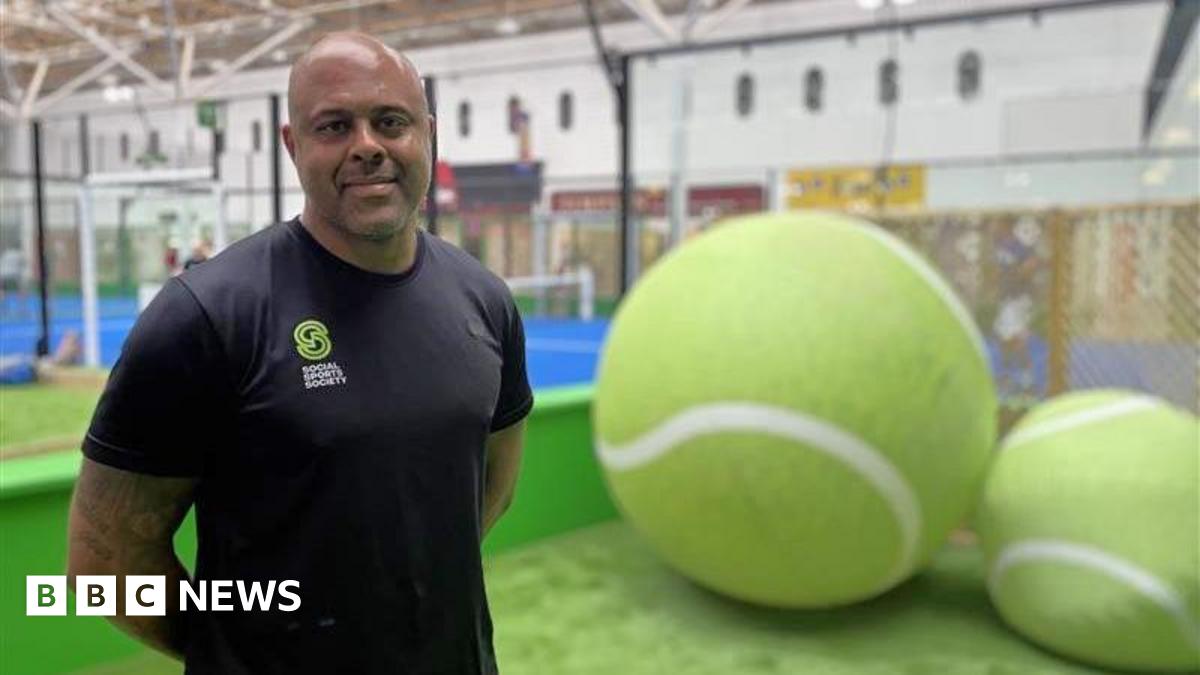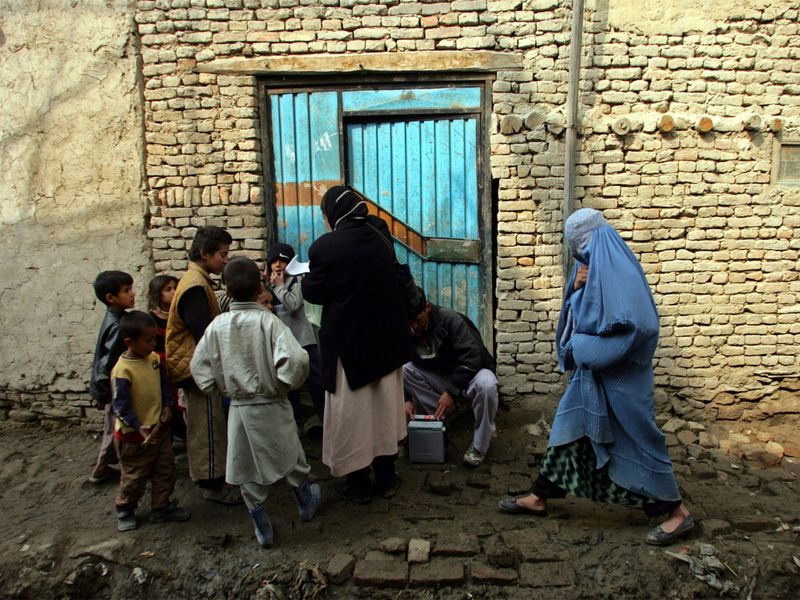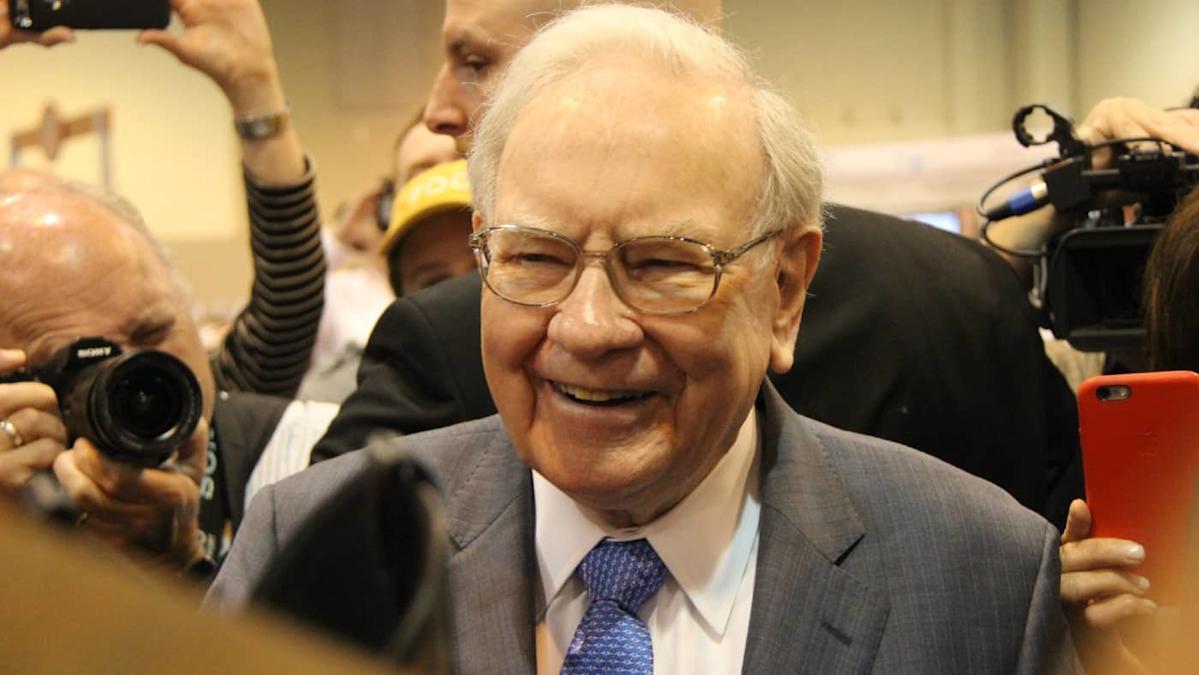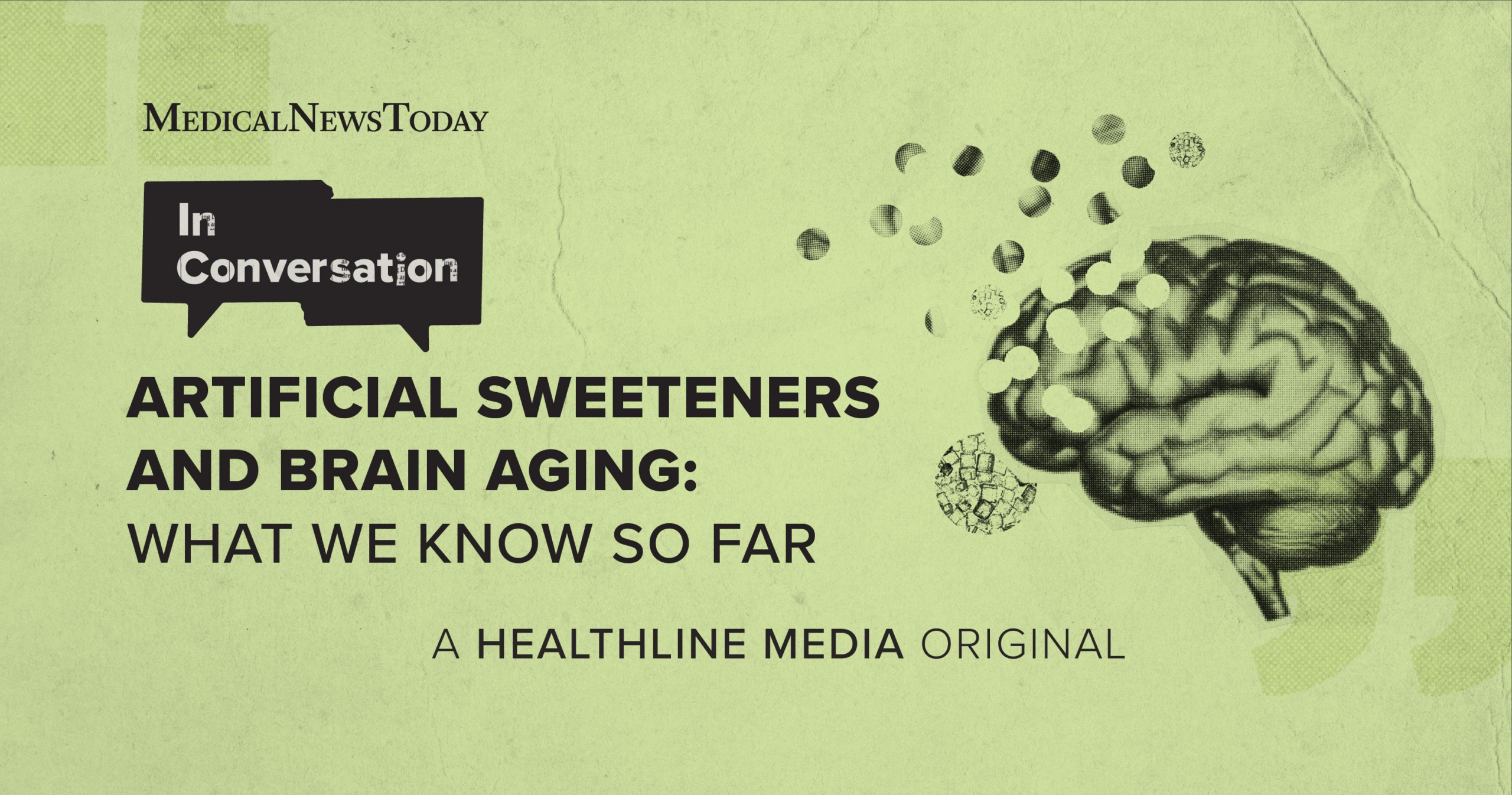Stay informed with free updates
Simply sign up to the Pharmaceuticals sector myFT Digest — delivered directly to your inbox.
AstraZeneca, Daiichi Sankyo and Gilead have made big advances in treating the hardest-to-tackle type of breast cancer, boosting prospects for tens of thousands of patients a year.
The drugmakers are unveiling trial results for existing blockbuster drugs in “triple negative” breast cancer — so-called because it is not one of the three main types. These include the first ever study showing a medicine can extend the life of patients who cannot be treated with immunotherapy drugs, the majority of triple negative cases.
Patients with triple negative breast cancer make up about 10 per cent to 20 per cent of people diagnosed. Breast cancer is the most common type of the disease in the UK, and the second most common after skin cancer in the US.
AstraZeneca and Japanese pharma company Daiichi’s drug Datroway improved overall survival for patients by 23 per cent, and increased the time they lived without the cancer getting worse by 43 per cent, compared with those treated with chemotherapy.
David Frederickson, executive vice-president for oncology at AstraZeneca, said the results showed an “outstanding opportunity” to expand treatment to more patients. The company has had 10 positive late-stage trial results in oncology this year, five of which have been in breast cancer.
“It’s been an exceptional year,” he said. “The breast cancer studies alone have the opportunity to reach nearly half a million patients.”
Frederickson added AstraZeneca’s oncology sales rose 16 per cent year-on-year in the first half and he hopes they will contribute half of the company’s goal of $80bn of sales by 2030.
AstraZeneca and Daiichi also announced positive trial results for their Enhertu breast cancer drug in earlier-stage patients. The treatment is approved for later-stage patients but it is not available on the NHS in England, even though it is in many other countries including Scotland.
One of two Enhertu studies found a three-year disease-free survival rate of 92 per cent, compared with 84 per cent with the most commonly used drugs.
Fredrickson said there needs to be a “modernisation” of NHS methodologies, including valuing the end of life more, to ensure patients can get access.
The results were presented at the European Society for Medical Oncology this weekend, where US drugmaker Gilead also reported positive results for its cancer drug Trodelvy in patients with triple negative breast cancer.
Trodelvy, which is already approved for breast cancer, reduced the risk of cancer progression or death by 38 per cent versus other forms of chemotherapy. Survival rates were extended with the drug to 9.7 months versus 6.9 months for chemotherapy, the company said.
Trodelvy generated $657mn for Gilead in the first six months of 2025, up 5 per cent from the same period last year. Oncology accounts for about 12 per cent of the company’s sales.
The latest data for Trodelvy marks a bounceback for the drug. A year ago, Gilead withdrew it for certain urinary tract cancers after it failed a drug trial.
Eli Lilly also reported encouraging data. Its Verzenio drug prolonged survival for certain high-risk early breast cancers by 15.8 per cent versus conventional treatments. It is the first therapy in more than two decades to demonstrate a significant overall survival benefit in certain, high-risk early breast cancers.
